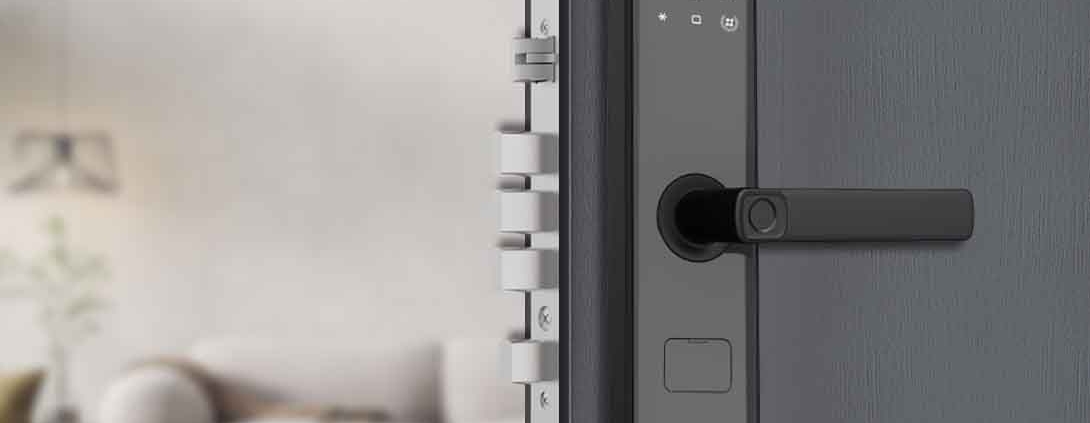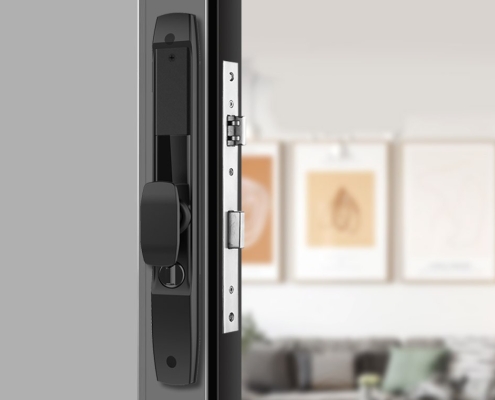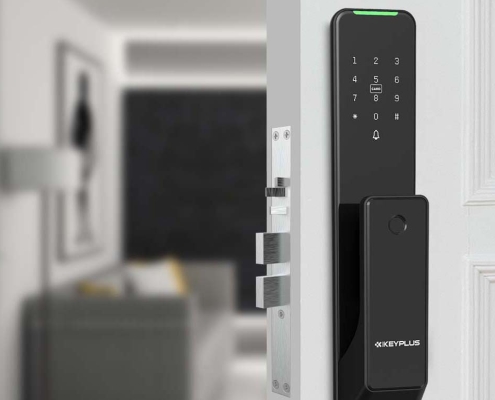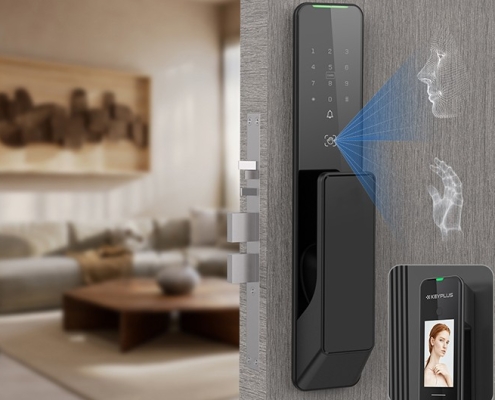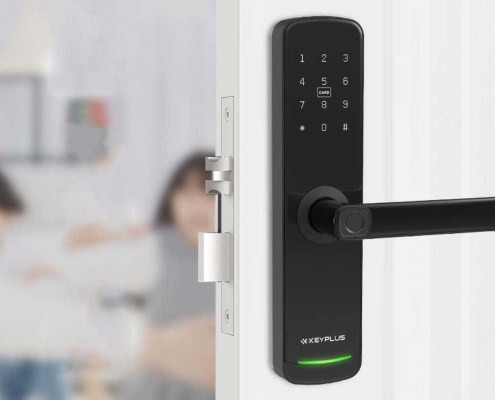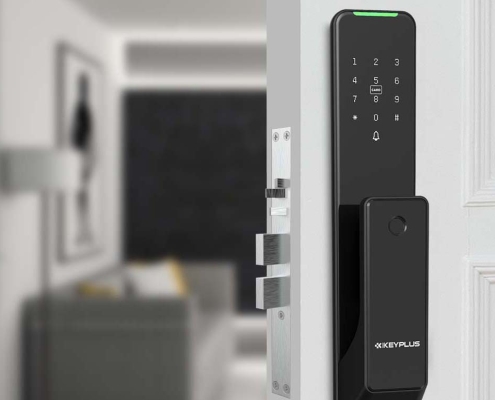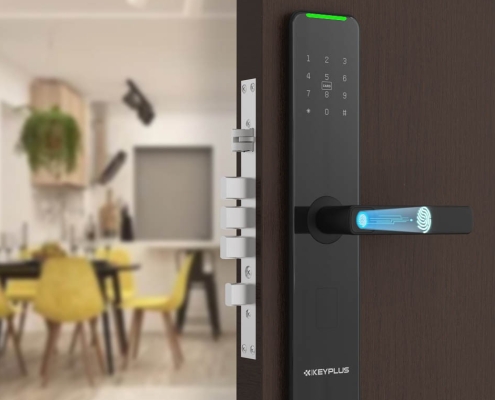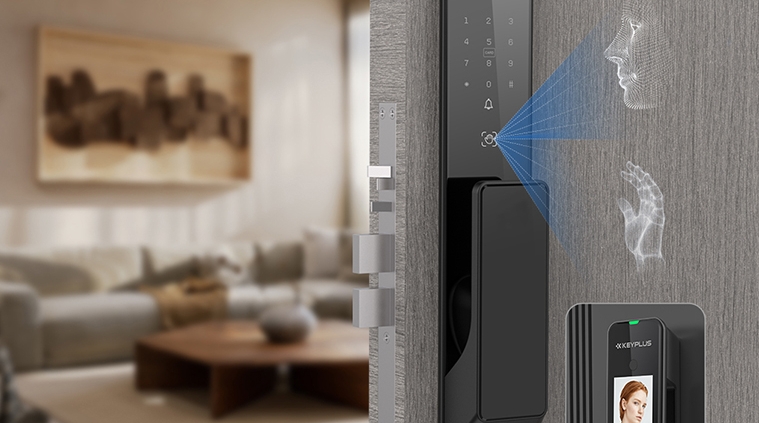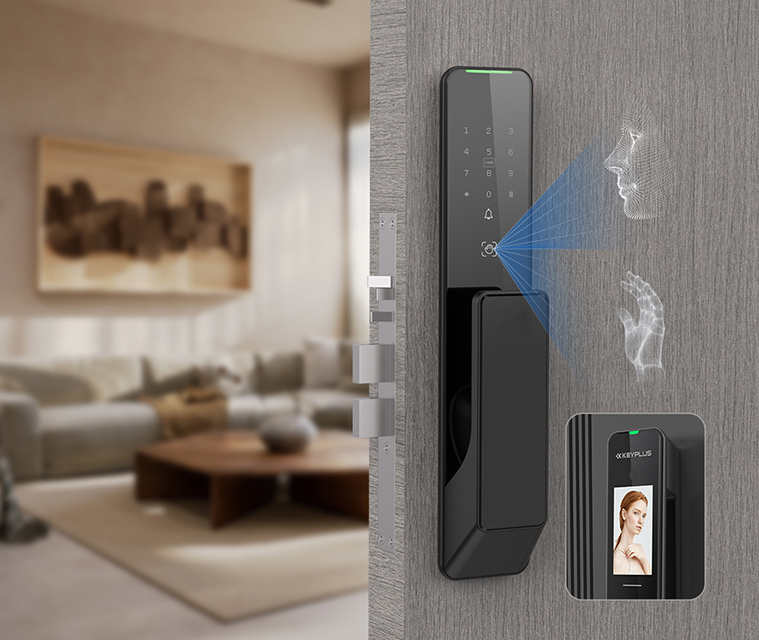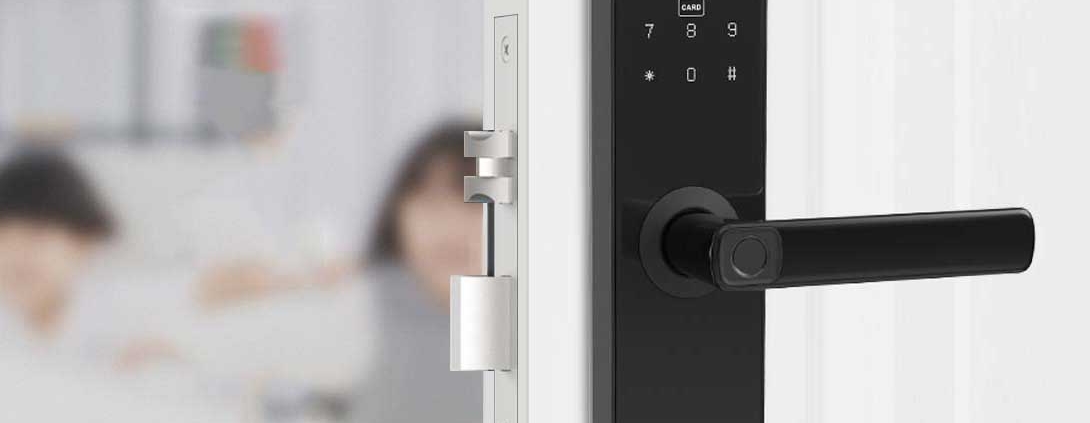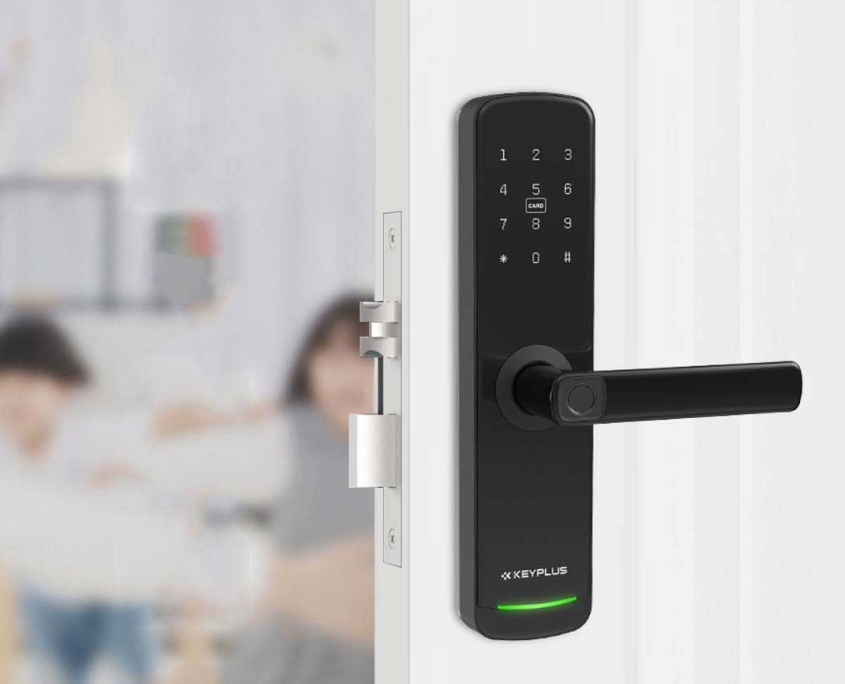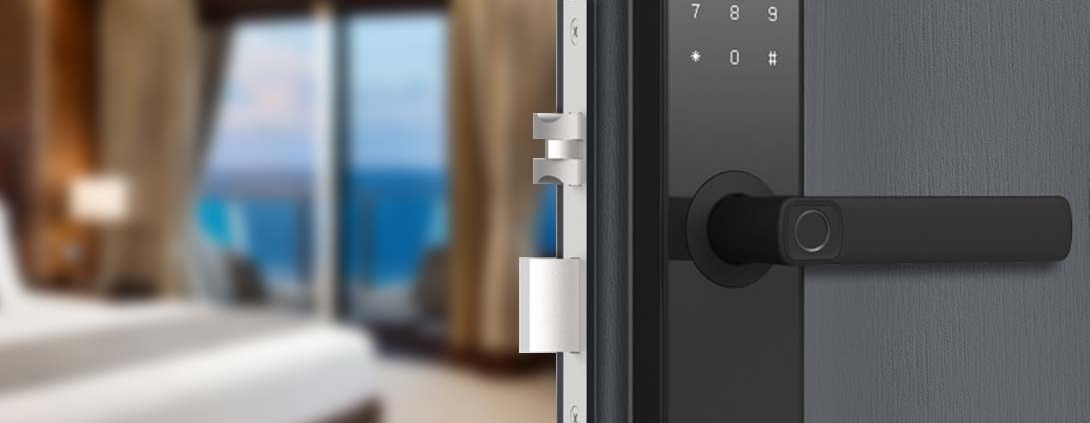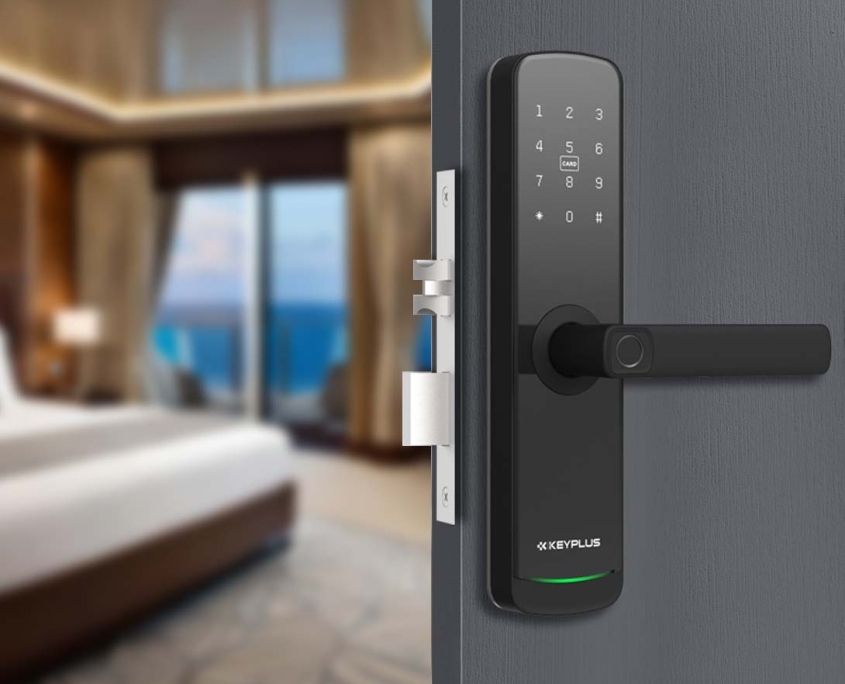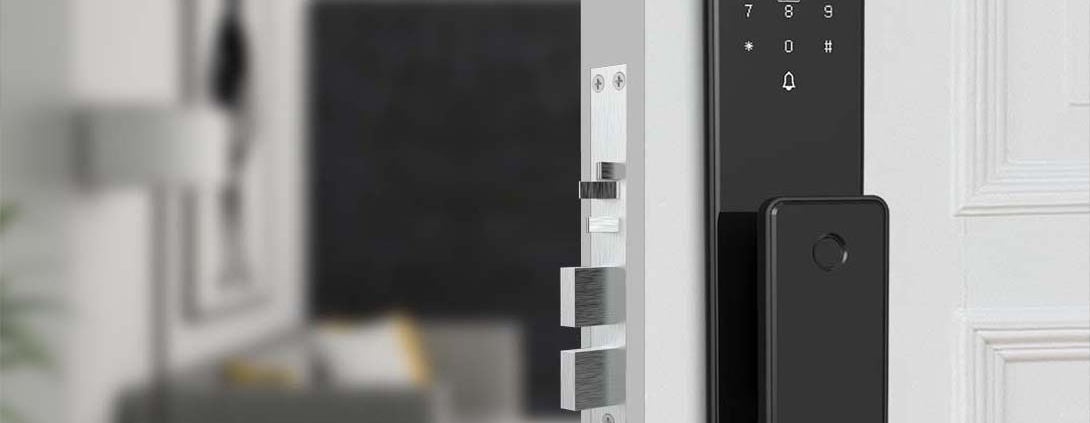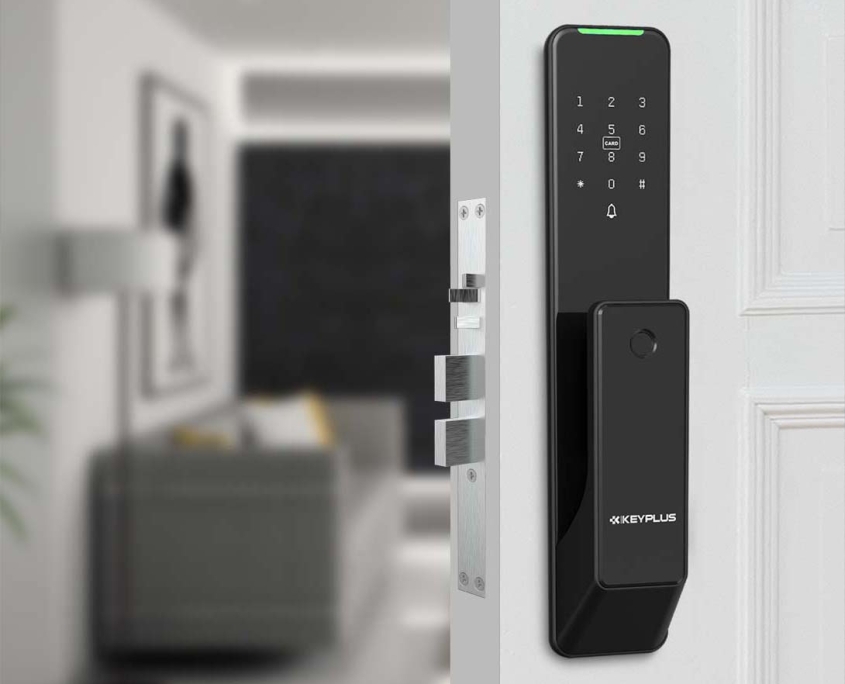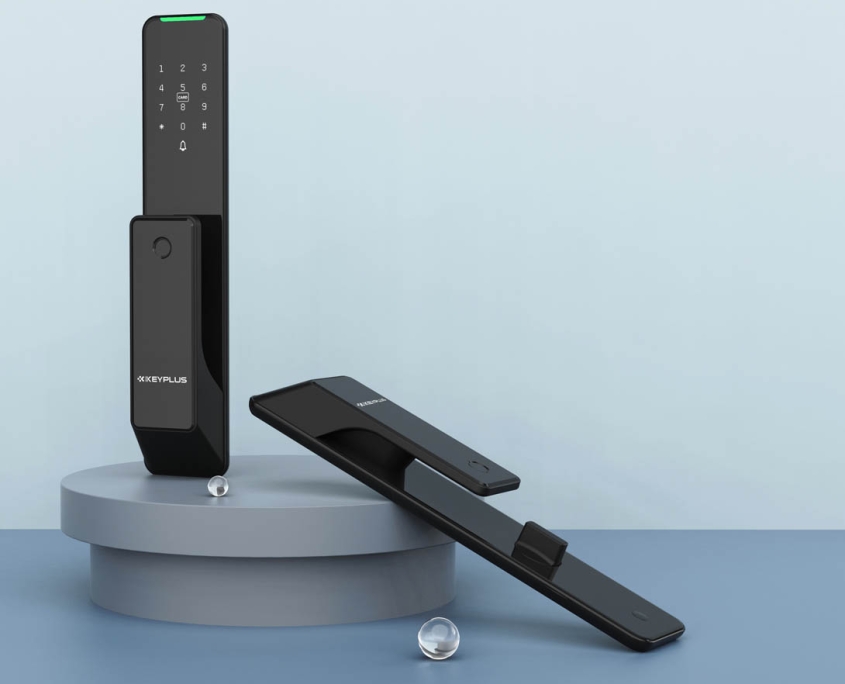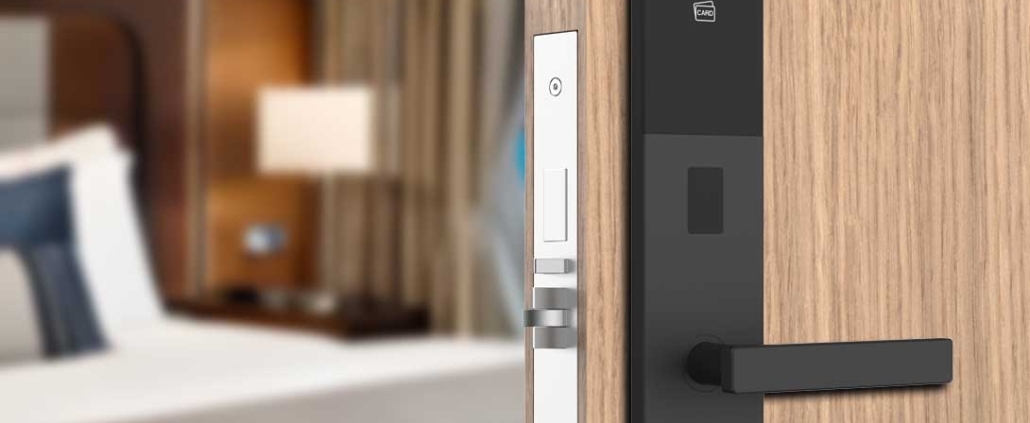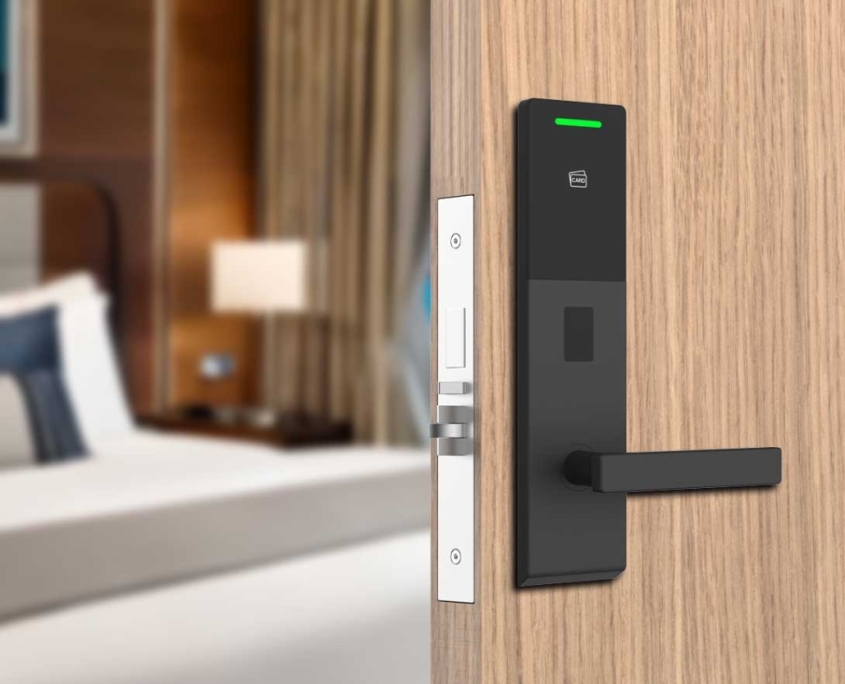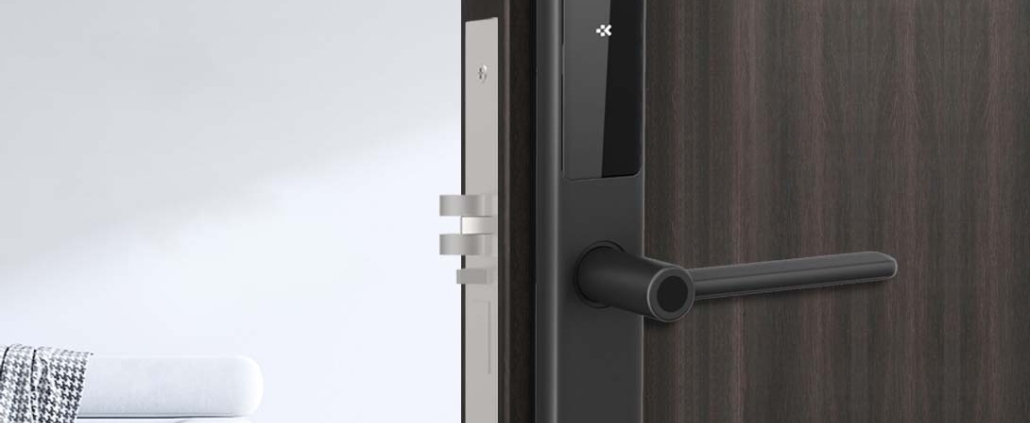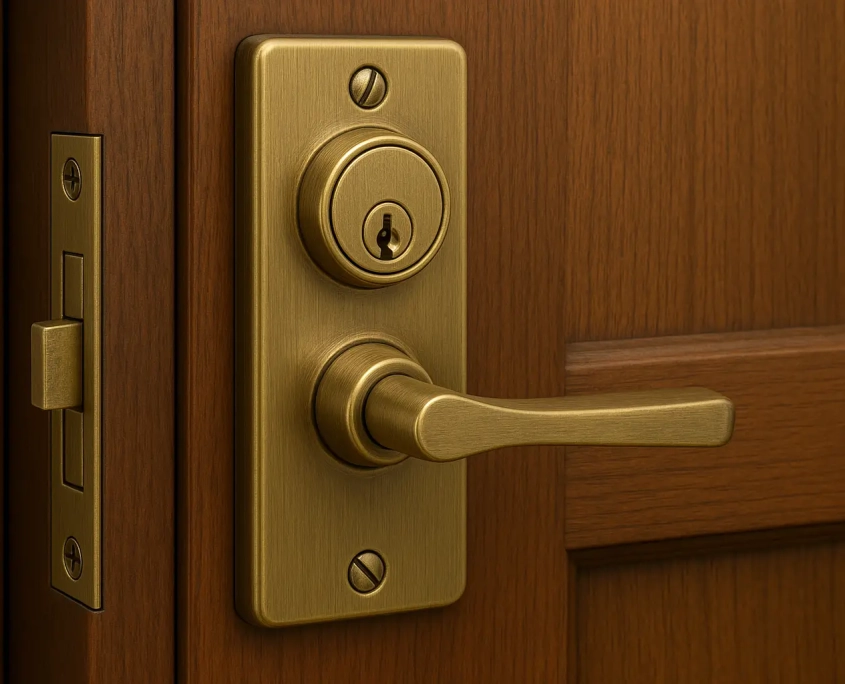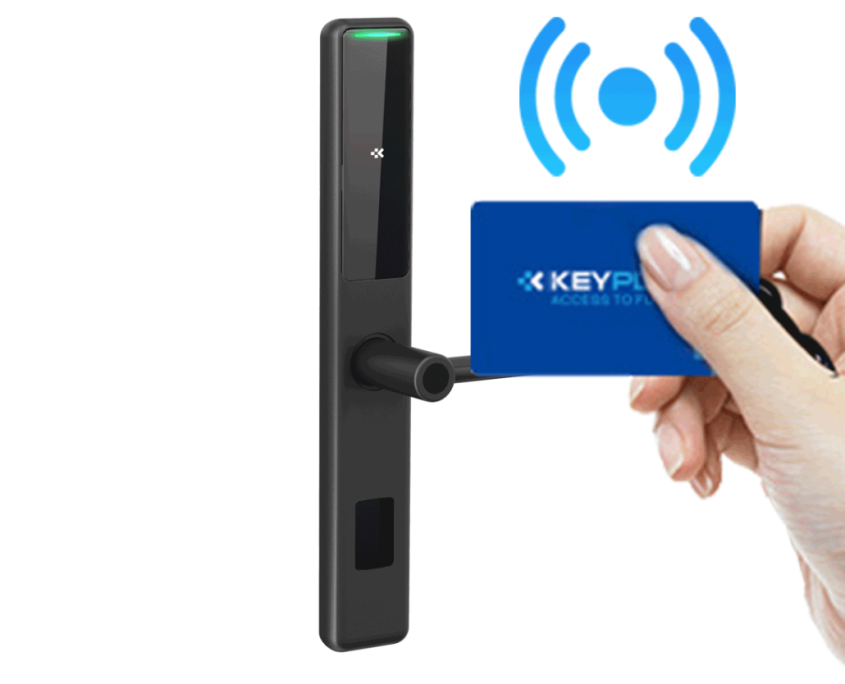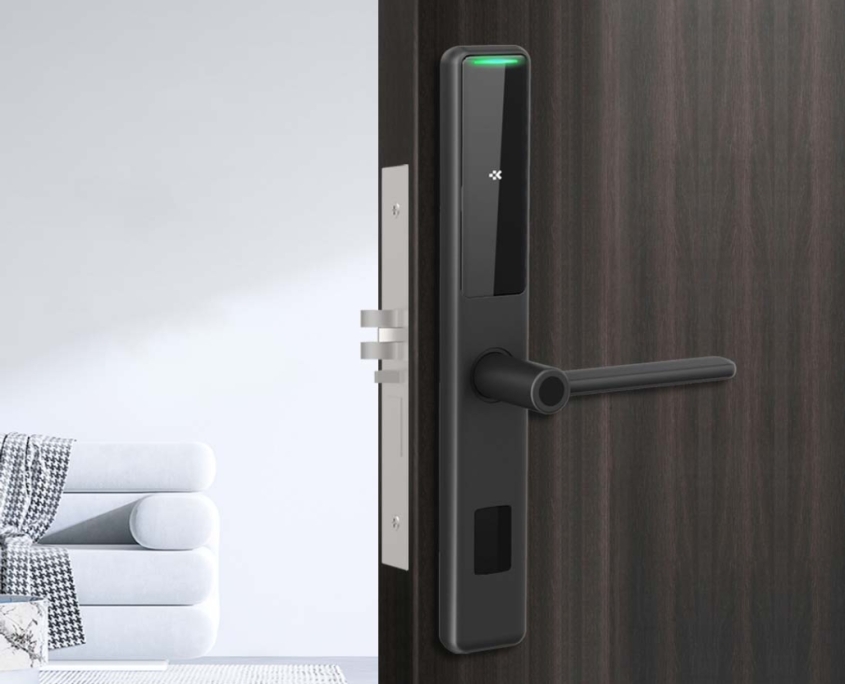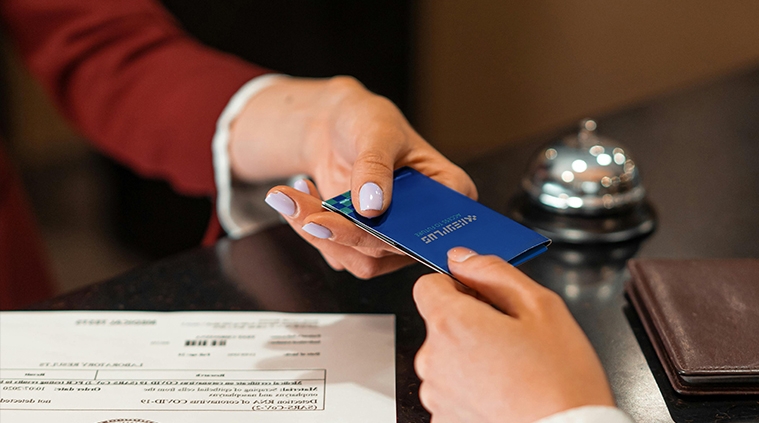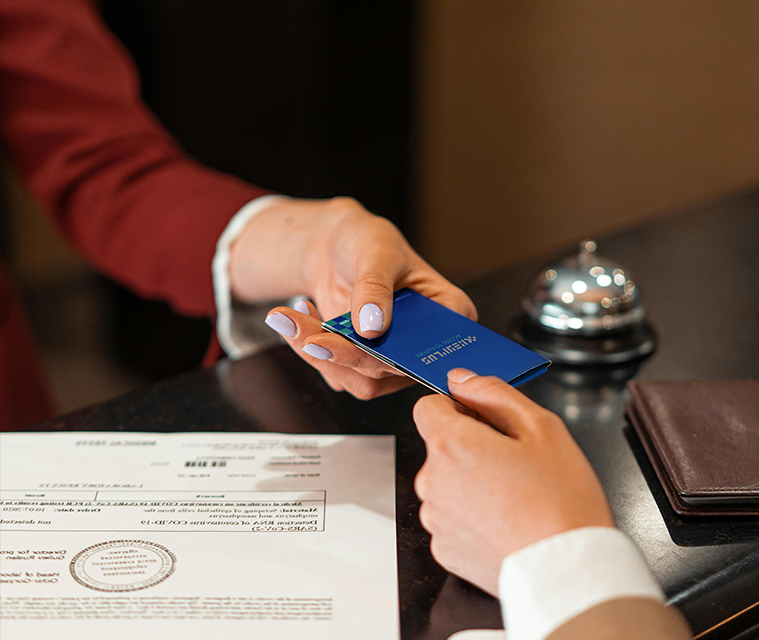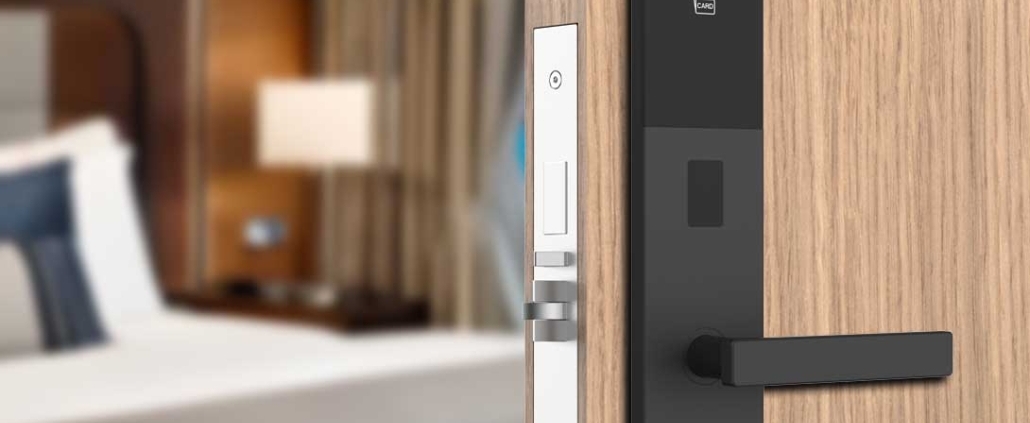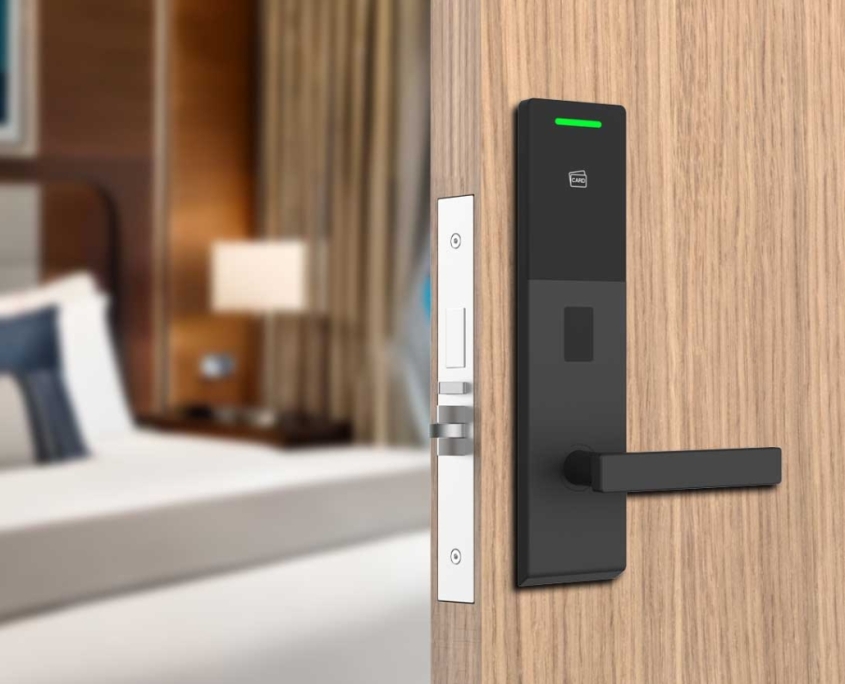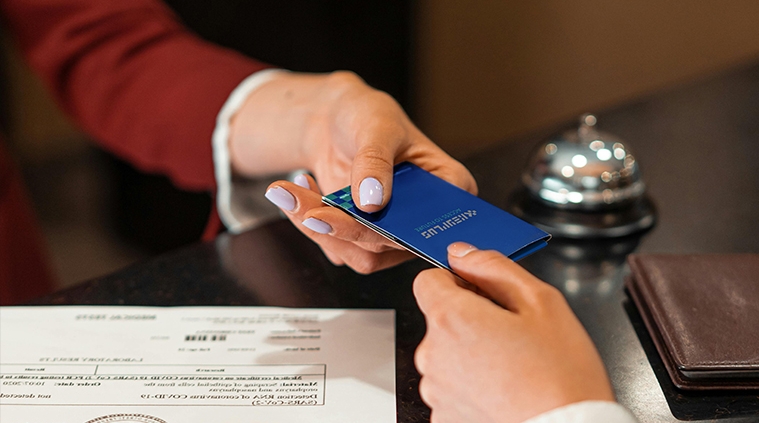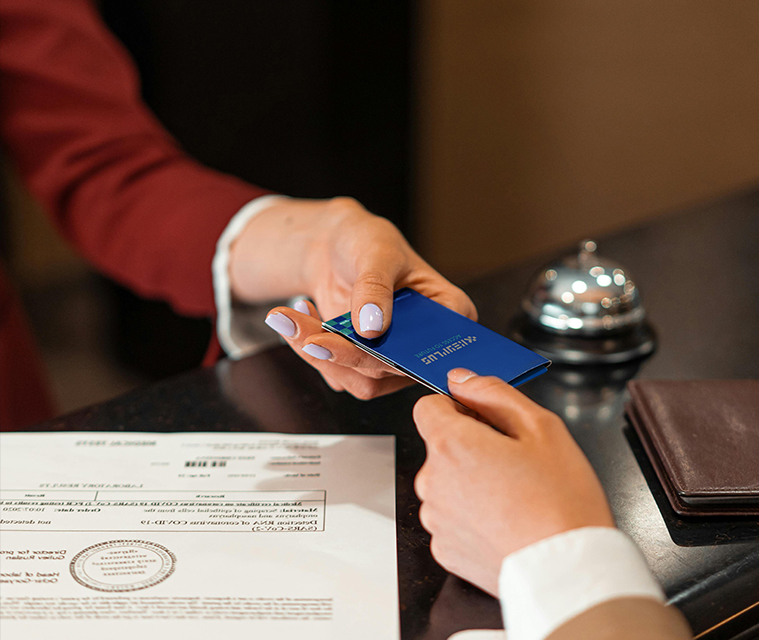In today’s tech-driven world, smart home devices are becoming increasingly popular—and for good reason. They offer convenience, efficiency, and enhanced security. Among these devices, smart door locks have gained significant attention, especially when it comes to protecting one of the most private spaces in a home: the bedroom.
Whether you’re a homeowner, a renter, or someone who values privacy, ensuring that your bedroom remains secure is crucial. Smart door locks provide an advanced layer of protection compared to traditional locks, but they also come with their own set of considerations.
In this article, we’ll explore:
- The benefits of smart door locks for bedroom security
- Potential risks and how to mitigate them
- Best practices for choosing and using a smart lock effectively
Why Use a Smart Door Lock for Your Bedroom?
1. Enhanced Security Features
Traditional locks can be picked, bumped, or even broken with enough force. Smart locks, on the other hand, offer multiple security layers, including:
- Keyless entry (PIN codes, fingerprint scanning, or smartphone access)
- Remote locking/unlocking (via an app, even when you’re not home)
- Auto-lock feature (ensures the door locks after a set time)
- Tamper alerts (notifies you if someone tries to force entry)
These features make it much harder for unauthorized individuals to gain access to your bedroom.
2. Convenience & Control
Forgetting to lock your bedroom door can leave you vulnerable. With a smart lock, you can:
- Check the lock status from your phone
- Grant temporary access to guests (e.g., housekeepers or maintenance workers)
- Receive notifications when the door is unlocked
This level of control is especially useful in shared living spaces (like apartments or roommate situations) where privacy is a concern.
3. No More Lost Keys
How many times have you misplaced a key or had to hide a spare under a doormat (which is a major security risk)? Smart locks eliminate this problem by allowing keyless entry, so you’ll never be locked out of your own bedroom.
Potential Risks & How to Mitigate Them
While smart locks offer many advantages, they are not without risks. Here’s how to address common concerns:
1. Cybersecurity Threats
Since smart locks connect to Wi-Fi or Bluetooth, they can be vulnerable to hacking. To minimize risks:
- Use strong passwords (avoid default settings)
- Enable two-factor authentication (2FA) if available
- Keep firmware updated to patch security vulnerabilities
- Choose reputable brands (e.g., August, Schlage, Yale) with strong encryption
2. Power & Connectivity Issues
What happens if the battery dies or the Wi-Fi goes down?
- Opt for models with backup power options (e.g., USB charging or 9V battery terminals)
- Ensure manual override (some smart locks still allow a physical key)
- Check battery life regularly (most apps provide low-battery alerts)
3. Unauthorized Digital Access
If someone gains access to your smartphone or PIN code, they could unlock your door. Prevent this by:
- Using unique PIN codes for different users
- Revoking access when no longer needed (e.g., after a guest leaves)
- Avoiding simple passcodes (like “1234” or your birth year)
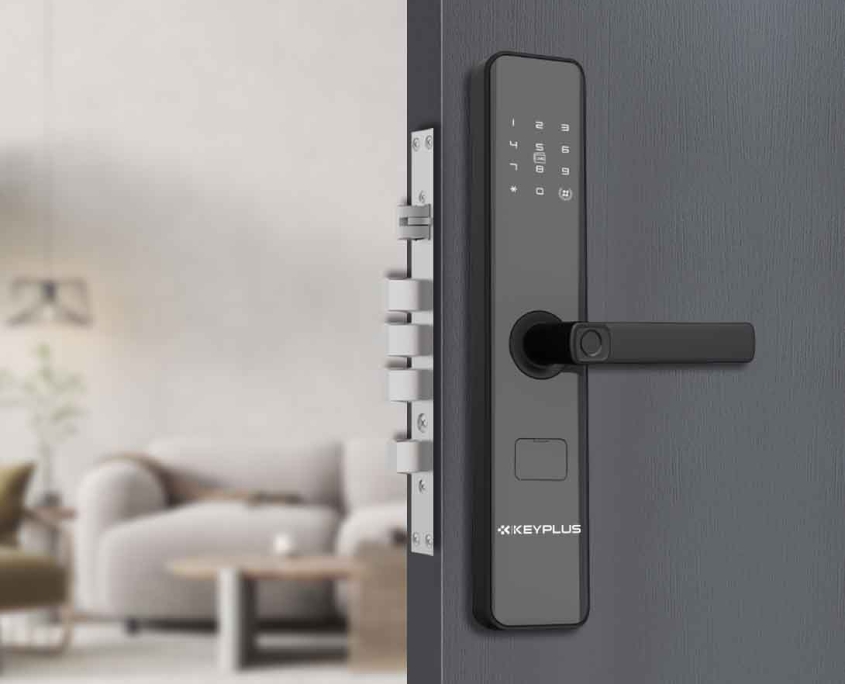
Choosing the Right Smart Lock for Your Bedroom
Not all smart locks are created equal. Here’s what to look for when selecting one:
1. Type of Lock
- Keypad locks (PIN code entry)
- Biometric locks (fingerprint recognition)
- Bluetooth/Wi-Fi locks (smartphone-controlled)
- Hybrid models (multiple access methods)
For bedrooms, a lock with both a keypad and app control offers flexibility and security.
2. Installation & Compatibility
- Does it fit your existing door? (check backset and door thickness)
- Is it renter-friendly? Some locks don’t require permanent modifications.
- Does it work with your smart home system? (e.g., Alexa, Google Home, Apple HomeKit)
3. Battery Life & Backup Options
Look for locks with:
- Long battery life (6 months to a year)
- Low-battery warnings
- Emergency power options (like a 9V battery terminal)
Best Practices for Using Smart Locks in the Bedroom
Once you’ve installed your smart lock, follow these tips to maximize security:
1. Regularly Update Access Codes
If you’ve given temporary access to someone, remove their code once they no longer need it.
2. Enable Activity Logs
Many smart locks track who enters and when. Review these logs periodically to spot any unusual activity.
3. Combine with Other Security Measures
A smart lock is just one layer of protection. Consider:
- A door reinforcement kit (to prevent forced entry)
- A security camera (pointed at the bedroom door)
- A door alarm (for added alerts)
4. Educate Household Members
Make sure everyone in your home knows:
- How to use the lock properly
- Not to share PIN codes with strangers
- What to do in case of a malfunction
Final Thoughts: Is a Smart Lock Right for Your Bedroom?
Smart door locks provide a modern, convenient, and secure way to protect your bedroom. However, their effectiveness depends on proper installation, smart usage, and ongoing maintenance.
If you value privacy, convenience, and advanced security, investing in a high-quality smart lock is a wise choice. Just remember to:
✔ Choose a reputable brand
✔ Follow cybersecurity best practices
✔ Combine with other security measures
By taking these steps, you can ensure that your bedroom remains a safe, private sanctuary in an increasingly connected world.
Would you install a smart lock on your bedroom door? Let us know your thoughts in the comments!
Recommended Smart Locks for Bedroom Security
- Keyplus K7S Wifi Fingerprint Smart Lock (Best for renters, easy install)
- Keyplus K6S Smart Lock (Strong encryption, built-in Wi-Fi)
- Keyplus KX1 Smart Locks (Sleek design, multiple access options)
Stay safe and secure with the right technology!

